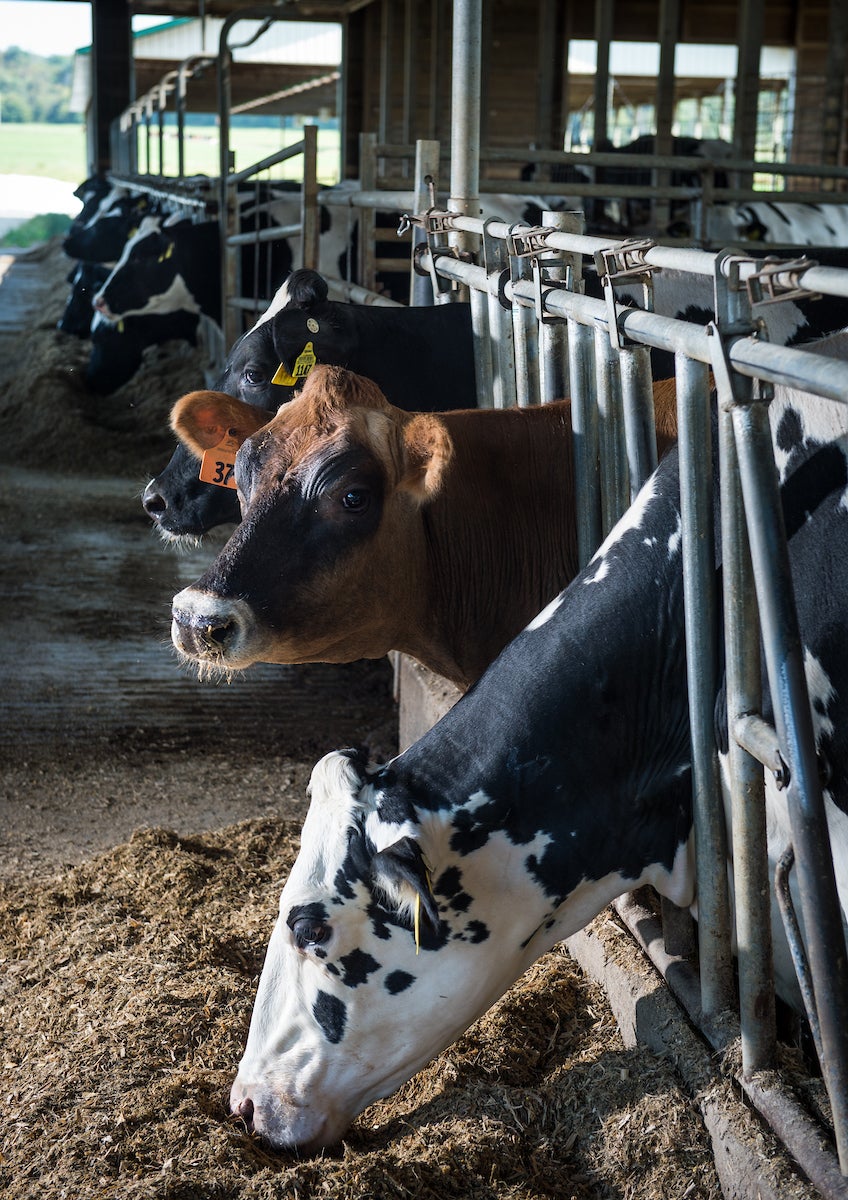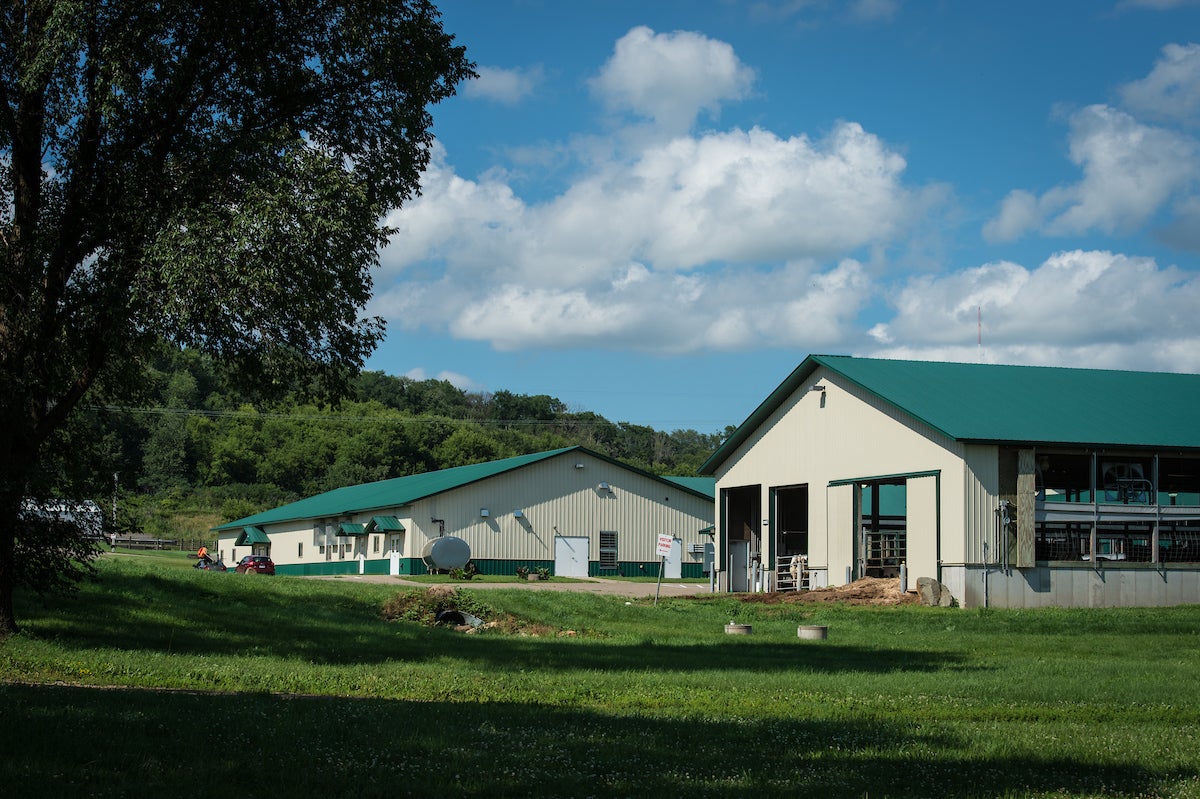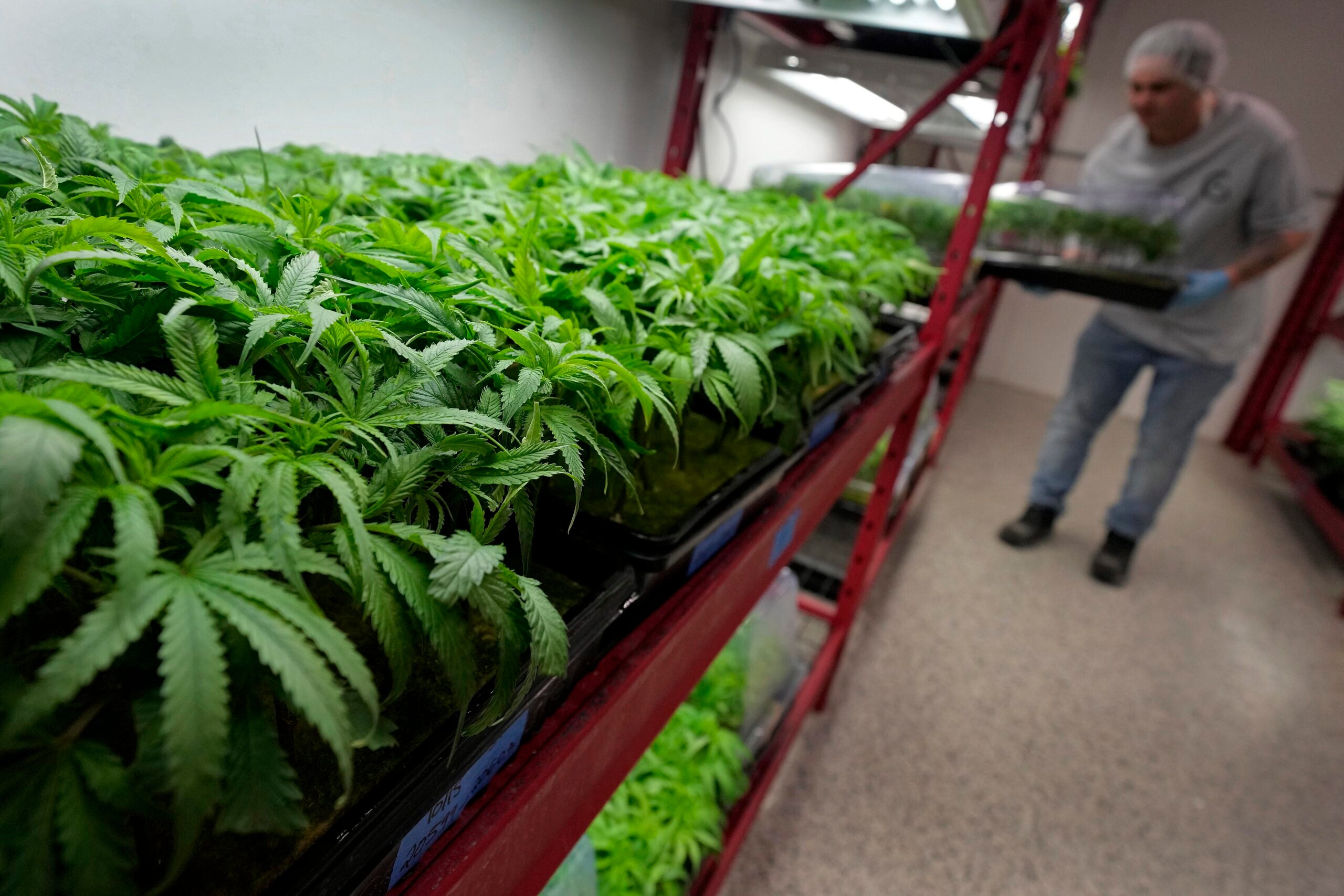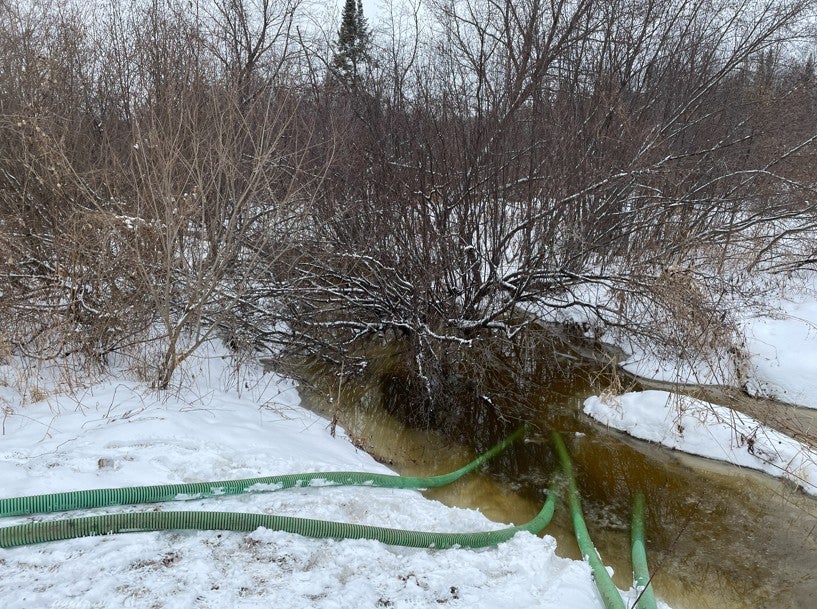A 130-year-old program created to connect Wisconsin farmers with university research is getting a second chance at the University of Wisconsin-River Falls.
UW-Madison announced last year that the Farm and Industry Short Course would move from a 16-week, on-campus certificate program to a non-credit format that would use online learning. Officials said the change was due to a significant decline in enrollment, with less than 100 students each year over the last decade. With only 20 students projected to enroll in the program for 2022, officials said it no longer had enough students to run the self-funded program.
But alumni of the program and farmer groups across the state opposed the change, saying the residential experience was a key part of what made Short Course popular for generations.
News with a little more humanity
WPR’s “Wisconsin Today” newsletter keeps you connected to the state you love without feeling overwhelmed. No paywall. No agenda. No corporate filter.
UW-River Falls announced last week that it would host the Short Course program in its original residential form starting this fall. An inaugural class of 24 students will attend classes from October to March, with additional education opportunities on UW-Madison and UW-Platteville’s campuses over the winter term.

Steve Kelm is chair of animal and food science at UW-River Falls and will be leading the new Short Course program. Kelm said his university was a logical fit for hosting the program because of its strong presence of ag students and facilities, including a university dairy farm, milk processing plant and meat processing facility.
“We think that Farm and Industry Short Course has played a very vital role in the Wisconsin ag industry, particularly in the dairy industry. And we’re happy to be able to utilize some of the resources we have to move in that direction,” Kelm said.
Instead of offering classes related to different commodities, UW-River Falls’ version of Short Course will focus solely on the dairy industry. A student’s first year in the program will focus on animal management, with the option to return for a second year focused on farm business principles and agronomy.
“We made the decision to keep the inaugural year smaller and focused on the dairy herd management and the dairy industry,” Kelm said. “It’s a logical fit for our campus and it probably was the intent of the majority of participants in Farm and Industry Short Course over the years.”
He said they may expand to other commodities as the program grows. Kelm said it was important to maintain the non-traditional class schedule of late October to March so students would still be home for fall harvest and spring planting. And he said having students live on campus in dorms was another Short Course tradition that was important — allowing students to build connections with others in their program and at the university.
“Not only are these students going to be in a dormitory with individuals that are in Short Course, but they’re also going to be with individuals that are pursuing any of our majors on campus,” he said. “That’s going to be an opportunity to grow individually, to hear differing opinions — whether it’s agriculture, whether it’s politics, whether it’s anything.”
Wisconsin Farm Bureau Federation President Kevin Krentz said many in the Wisconsin ag industry are excited to see the residential program continue.
“There are hundreds of farms across the state that have owners that are Short Course alum. It has a huge impact not only on farms but on local communities,” Krentz said. “It’s the network that they form with each other. That bond that students have when they not only go to class together, but they live in the same dorms and have that unique relationship.”
Krentz said he is looking forward to future expansion of the program beyond the dairy industry. He hopes rebuilding Short Course will mean the program can once again attract students from out of state.
“With any program, you have to be able to walk before you can run. We certainly see the need that dairy has in the state, for young people to come back into the dairy industry and also even just the (farm) service industry,” he said.
In the joint press release with UW-River Falls, UW-Madison announced it would be continuing its own short course offerings through a mix of flexible training opportunities for working professionals. These include a five-day professional development program for farmers in January and online Spanish classes focused on dairy industry vocabulary.
“Much has changed about farming and the world since the first Short Course students came to Madison,” Glenda Gillaspy, dean of the UW-Madison College of Agricultural and Life Sciences, said in a statement. “Today, by working together, we can serve more people and better leverage the unique features of each campus.”
Wisconsin Public Radio, © Copyright 2026, Board of Regents of the University of Wisconsin System and Wisconsin Educational Communications Board.







